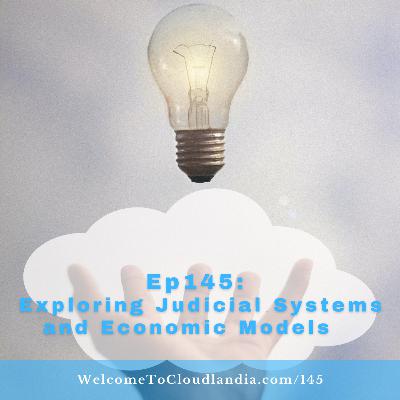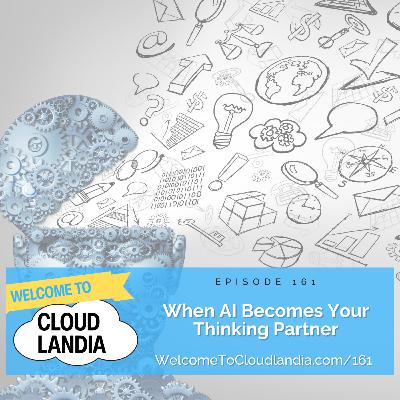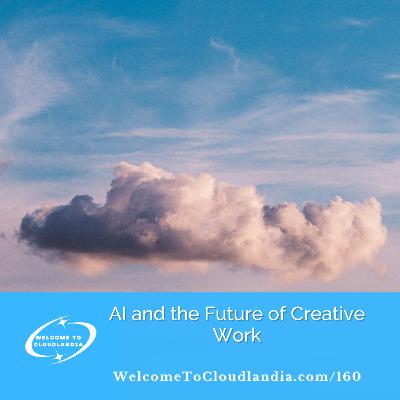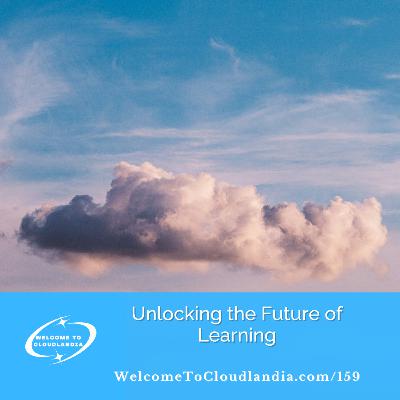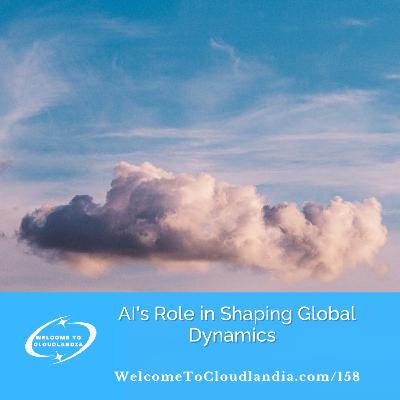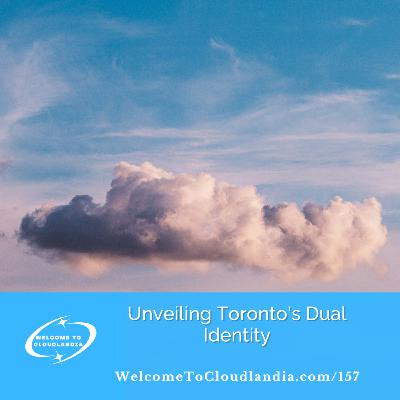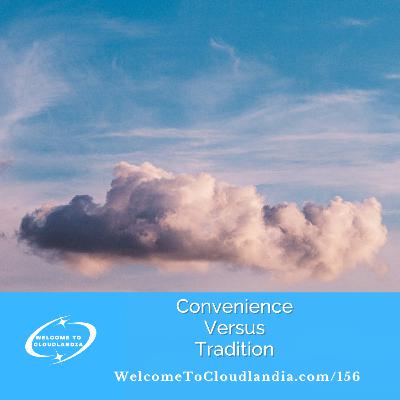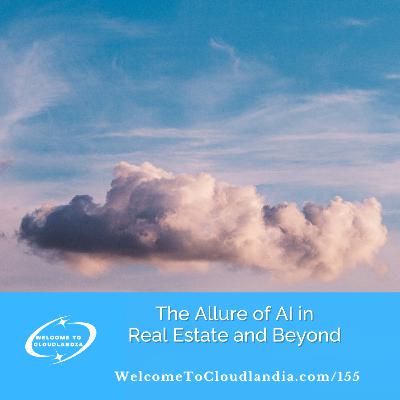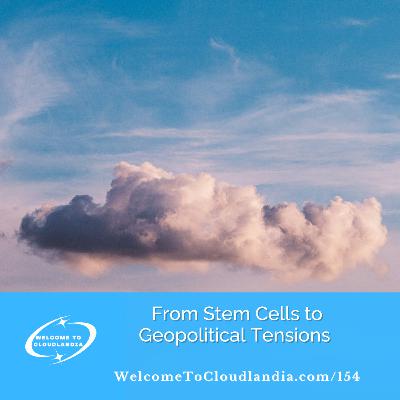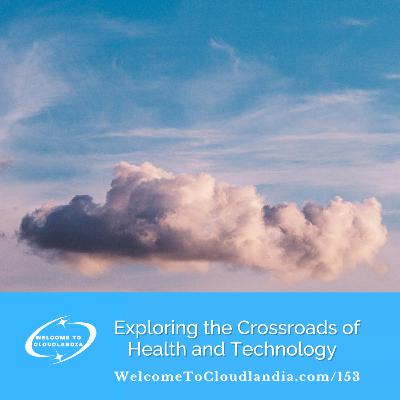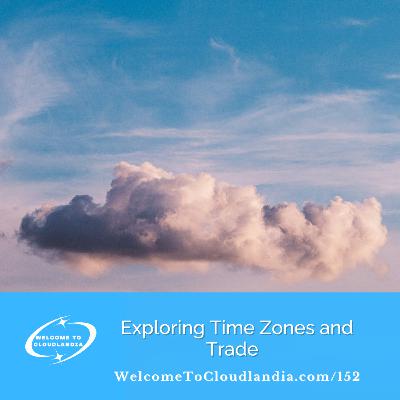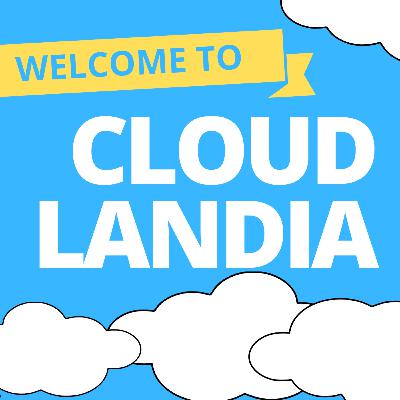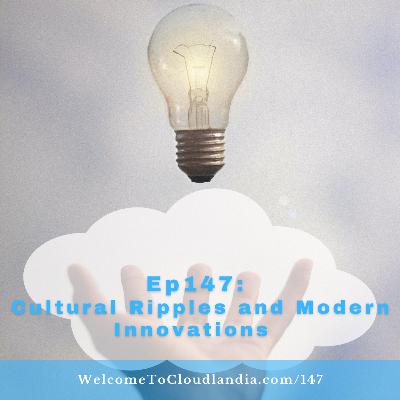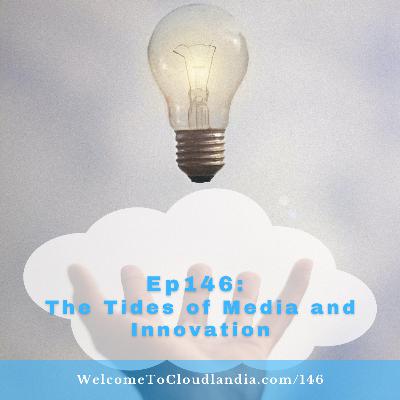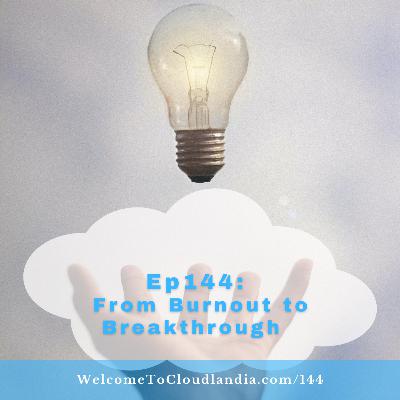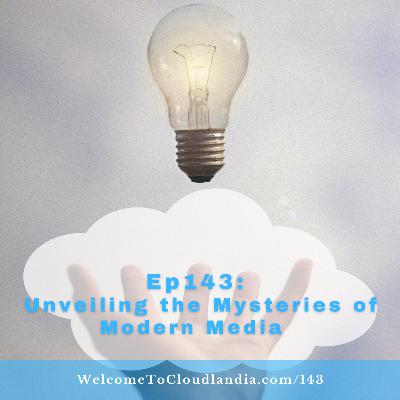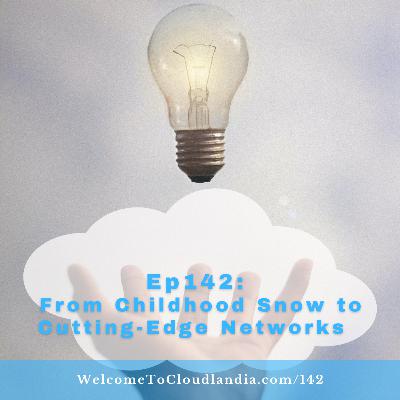Ep145: Exploring Judicial Systems and Economic Models
Description
In this episode of Welcome to Cloudlandia, we explore how government assets could reshape public spending and economic growth. The discussion stems from Thomas Sowell's analysis of U.S. government land value. It extends to real-world examples of public-private partnerships, including Toronto's LCBO real estate deals and Chicago's parking meter agreement with a Saudi entity.
Dan and I delve into the relationship between constitutional rights and entrepreneurship, drawing from my upcoming book. The American Bill of Rights creates unique conditions that foster business innovation and self-initiative, offering an interesting contrast to Canada's legal framework. This comparison opens up a broader discussion about judicial appointments and the role of government in supporting individual potential.
The conversation shifts to the transformative impact of AI on content creation and decision-making. I share my experience with tools like Perplexity and Notebook LM, which are changing how we gather information and refine our writing. Integrating AI into daily workflows highlights the significant changes we can expect over the next quarter century.
Looking ahead, We reflect on future podcast topics and the lessons learned from blending traditional insights with AI capabilities. This combination offers new perspectives on personal development and professional growth, suggesting exciting possibilities for how we'll work and create in the years ahead.
SHOW HIGHLIGHTS
Links:
WelcomeToCloudlandia.com
StrategicCoach.com
DeanJackson.com
ListingAgentLifestyle.com
TRANSCRIPT
(AI transcript provided as supporting material and may contain errors)
Dean: Mr Sullivan.
Dan: Yes indeed. I beat you by 10 seconds.
Dean: I beat you by 10 seconds.
Dan: Yeah, yeah.
Dean: Well, there you go. That's a good way to end the year, right there.
Dan: Yeah.
Dean: Not that it's a contest.
Dan: I was looking at an interesting article this morning from yesterday's Wall Street Journal by Thomas Sowell. I don't know if you know Thomas Sowell. No, yeah, he's probably the foremost conservative thinker in the United States. Okay, I think he's 90-ish, sort of around 90. He's been a professor at many universities and started off in his teenage years as a Marxist, as a lot of teenagers do, and before they learn how to count and and before they learn math the moment you learn math, you can't be a Marxist anymore and and anyway he writes and he just said how much all the land that the US government owns in the 50 states is equal to 1.4 trillion dollars.
If you put a market value on it, it's 1.4 trillion dollars. I bet that's true wow and the problem is it costs them about that much money to maintain it, most of it for no reason at all. And he was just suggesting that, if Elon and Vivek are looking for a place to get some money and also stop spending, start with the property that the US government owns and sell it off.
Dean: That's interesting I'm often Two things.
Dan: Two things they get money coming in, yeah. And the other thing is they don't spend money maintaining it. Yeah, but it's 20, 25% of the land area of the US is actually owned, I guess owned, controlled by the US government. And you know there was a neat trick that was done here in Toronto and I don't think you'd be aware of it but the LCBO, liquor Control Board of Ontario. So in Ontario all the liquor is controlled by the government. The government is actually the LCBO is the largest importer of alcoholic beverages in the world.
Dean: Wow.
Dan: Nobody controls the amount of liquor well, and I. I just wonder if that's one of the reasons why you moved to Florida to get away from the government.
Dean: Control of liquor they're a single payer, a single pay system.
Dan: I just wondered if yeah, I just wondered if that on your list of besides nicer weather.
Dean: I thought maybe you know being in control of your own liquor. I always found it funny that you could. You know you can buy alcohol and beer in 7-Eleven.
Dan: I always thought that was interesting right.
Dean: Just pick up a little traveler to go, you know when you're getting your gas and that six-pack yeah.
Dan: So, anyway, they had their headquarters, which was right down on Lakeshore, down in the, I would say, sort of Jarvis area, if you think of Jarvis and Lakeshore, down in the I would say sort of Jarvis area, if you think.
Dean: Jarvis and.
Dan: Lakeshore and maybe a little bit further west. But they took up a whole block there and they traded with a developer and what they did they said you can have our block with the building on it. You have to preserve part of it because it's a historical building. I mean, you can gut it and you can, you know, build, but yeah, there's a facade that we want you to keep because it's historic and and what we want you to do is and this developer already had a block adjacent to the LCBO property and they said we want a new headquarters, so we'll give you the block If you and your skyscraper it's a huge skyscraper.
We want this much space in it for free. And they made a trade and the developer went for it.
Dean: And I bet.
Dan: That's an interesting kind of deal. That's an interesting kind of deal where government yeah, yeah and, but somebody was telling me it was really funny. I'm trying to think where it was. Where were we, where were we? I'm just trying to think where we weren't in. We weren't in Toronto, it'll come to me. We were in Chicago. So Chicago, the parking meters are all owned by Saudi Arabia.
Dean: Right.
Dan: Yeah, or a company that's owned by Saudi Arabia. Let me think One of the many princes and they paid the city of Chicago flat check. They paid him $1.5 billion for all the parking meters in Chicago and Chicago, you know, has been in financial trouble forever. So one and a half billion, one and a half billion dollars, but they make 400 million a year for the next 50 years. Oh, wow.
Dean: Yeah, that's pretty wild.
Dan: I think that was a bad deal, I think that was a bad deal. Yeah, that's amazing, you got to know your math.
Dean: Well, I know there's a company in Australia called Macquarie and they own airports and toll roads primarily, ports and toll roads primarily. And that's really that's what it is right is they have long-term government contracts where they uh, you know they own the assets and the government leases them from them, or they get the right, they build the, they build the toll road and they get the money for the toll. They can operate it as a for-profit venture. Really kind of interesting.
Dan: It brings up an interesting scenario which I think that Trump is thinking about, plus Elon and Vivek is thinking about plus Elon and Vivek, that so many of the bu

